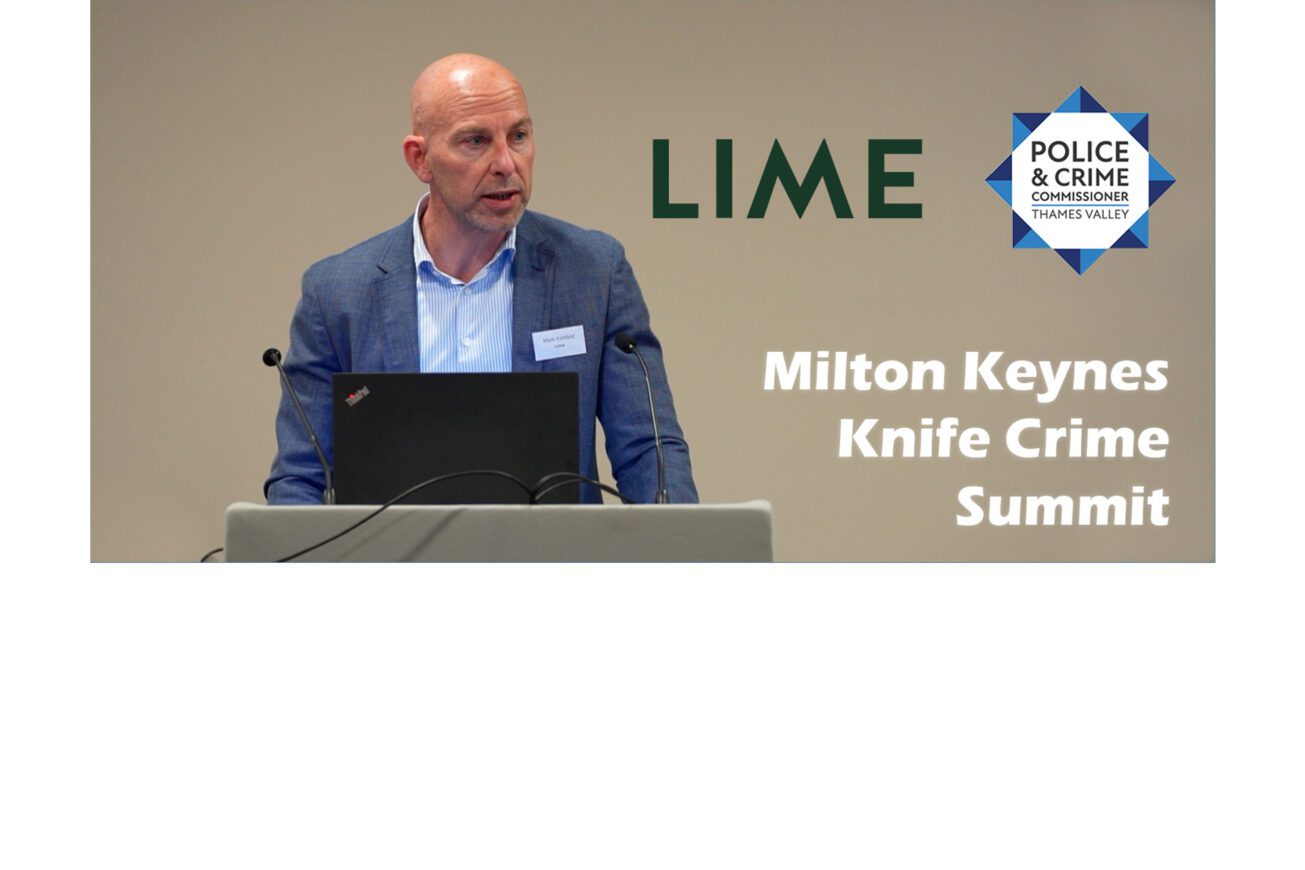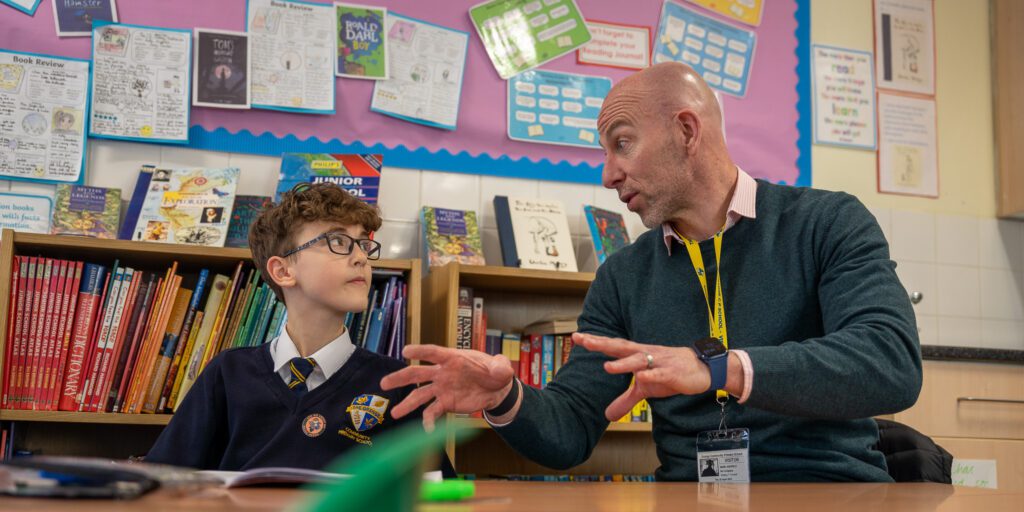Reflecting on the Knife Crime Conference in Milton Keynes: A Collaborative Effort to Tackle the Issue
Lime was invited to the Milton Keynes Knife Crime Conference to address the pressing issues of knife crime in the Thames Valley Region

Lime was invited to the Milton Keynes Knife Crime Conference to address the pressing issues of knife crime in the Thames Valley Region

Last week, I had the privilege of attending a significant event in Milton Keynes—an insightful and collaborative knife crime conference organised and hosted by Matthew Barber, the Police and Crime Commissioner. The conference brought together various stakeholders, including representatives from Thames Valley Police, Local Authorities, Youth Offending Teams, partner organisations, and school representatives. Its purpose was to provide a platform for discussing existing initiatives and fostering partnerships to address the pressing issue of knife crime in the region, with a particular focus on children and young people.
Here are my impressions and key takeaways from this vital gathering.
The conference began by delving into the region’s current efforts to combat knife crime. Representatives from Thames Valley Police, Local Authorities and Youth Justice Teams shared valuable insights into their strategies, enforcement measures, and community engagement initiatives to reduce knife-related incidents.
One of the conference’s central themes revolved around engaging children and young people in the fight against knife crime. Speakers emphasised the importance of early intervention, education, and raising awareness about the consequences of carrying knives. The discussions underscored the significance of collaborative efforts between schools, community organisations, and law enforcement agencies in ensuring that young people receive the necessary support and guidance to make positive choices.

The active participation of partner organisations and school representatives made this conference particularly impactful. Their voices and perspectives were sought to inform the development of effective strategies and support systems. Through engaging discussions and interactive sessions, attendees had the opportunity to share experiences, exchange ideas, and identify areas where collective action can make a real difference.
As the conference drew to a close, a prevailing sense of determination and solidarity emerged. It was evident that all participants were committed to working together, pooling resources, and exploring innovative solutions to address knife crime in our communities. The event served as a catalyst for forging stronger partnerships and reinforcing the importance of a multidisciplinary approach in tackling this complex issue.
I had the opportunity to share how our work contributes to this agenda. At Lime, we firmly believe in tackling the underlying causes of this issue rather than merely managing its symptoms. Our focus lies in fostering social, emotional, and behavioural benefits for young people through programmes like Choices, which aims to equip them with the tools necessary to make positive life choices and steer away from risky behaviours. By addressing the root causes of knife crime, such as social inequalities, lack of opportunities, and negative peer influences, we strive to create lasting change and prevent the recurrence of such incidents. The conference provided a platform to highlight the significance of holistic approaches that address the complex factors contributing to knife crime and emphasised the urgency of comprehensive support systems to break the cycle of violence and ensure a brighter future for our communities.

Although it was challenging to hear real-life accounts of the tragic impact of knife crime on the lives of many, playing a part in the conference was a profoundly insightful and thought-provoking experience. Witnessing the collective dedication and passion of stakeholders from various sectors was inspiring. The commitment to collaboration, early intervention, and empowering young individuals demonstrated a genuine drive to create safer communities. By continuing to build upon the ideas and discussions sparked at this conference, we can pave the way for impactful change and make strides towards reducing knife crime and safeguarding the wellbeing of our children and young people.
Together, we can foster a safer environment, supporting our communities in breaking free from the grip of knife crime.
To find out more, please get in touch with us at: chat@engagelime.com or here